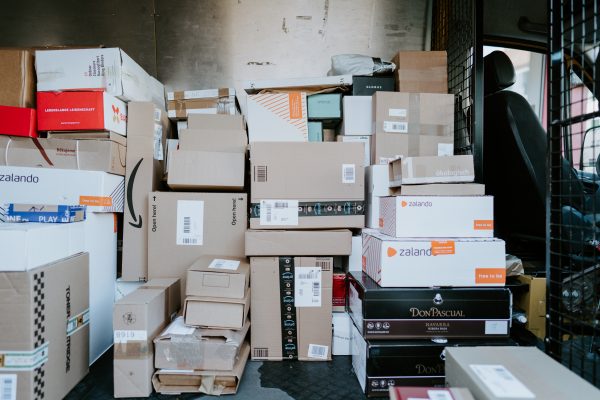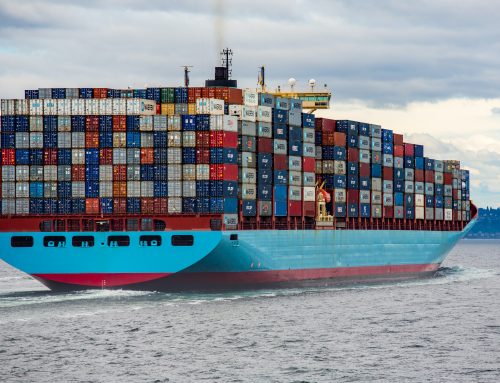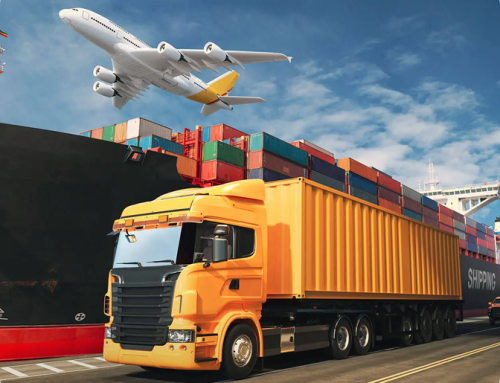Being informed and ready for clearing customs is truly half the battle of running an importing business. Whether importing has been the core of your operations for decades, or you’re preparing for your first-ever shipment right now, being aware of what Customs and Border Protection (CBP) wants to know from you is critical.
It is both the responsibility of the importer and CBP to make sure that compliance of rules and regulations is top of mind when moving commercial goods. In fact, CBP makes it quite explicitly known that importers should make themselves familiar with the regulatory framework that applies to them.
Coupled with that knowledge, it’s also important that you’re made aware that, depending on the type of goods you import, specific requirements may apply. This also includes requirements from other federal agencies.
“Good regulation should be conducive to business and to consumer protection.”
Jamie Dimon, Founder and CEO of JPMorgan Chase.

Today, we wanted to lay out a few of the things that CBP is looking for when deciding whether to release your shipment of goods.
Before hopping into the questions, it may be beneficial for you to read through our page: USA Customs Frequently Asked Questions to see if you have a good baseline for what’s expected of you as an importer.
What is your importer number?
The importer number is your IRS business number. In the case that you do not have a business number, your importer number would be your SSN.
Have you properly filled out your entry forms?
The entry forms must have your importer number clearly listed on them. Here is the breakdown of the other items required:
- Your entry manifest, which is also known as CBP Form 7533, as well as the Special Permit for Immediate Delivery, which is CBP Form 3461
- The evidence of the right to make an entry
- Your commercial invoice for the goods, along with the packing list (if applicable)
- Any other documents that may be required (verify if your particular goods have specific requirements)

Have you submitted the entry forms within the appropriate time frame?
The forms must be submitted within 15 calendar days (not business days!) of the arrival of your goods at the U.S. destination port.
Are you attempting to import goods that are prohibited for importation in the U.S.?
This is absolutely something that should be noted prior to placing an order with the manufacturer, in order to avoid seizures at the destination port. Please ensure that you have clearly read and understood this list: CBP – Prohibitions, Restrictions, and Other Agency Requirements.
If this piece was helpful for you, you may also find value in our blog post: 5 Questions to Prepare Yourself Before You Contact a Customs Broker. This may also be helpful, because it consists of basic questions you must ask yourself before moving too far down into the importing process.
Clearing customs is one of the biggest challenges for new importers (go figure — actually getting the goods into the Country!). It’s a process that should go relatively smoothly if you are conscious of the following:
- The necessary documentation and paperwork required for your type of goods
- Making sure you’re paying the applicable duties and/or tariffs in a timely manner.
That’s certainly an oversimplification, but with the right homework done on your end, it should go relatively smoothly! If you have any questions about the process, working with a customs broker would ensure that you are moving your goods with care and compliance in mind. They can even file documentation on your behalf!
If you’d like to learn more about what that kind of partnership could look like, start the conversation here.



